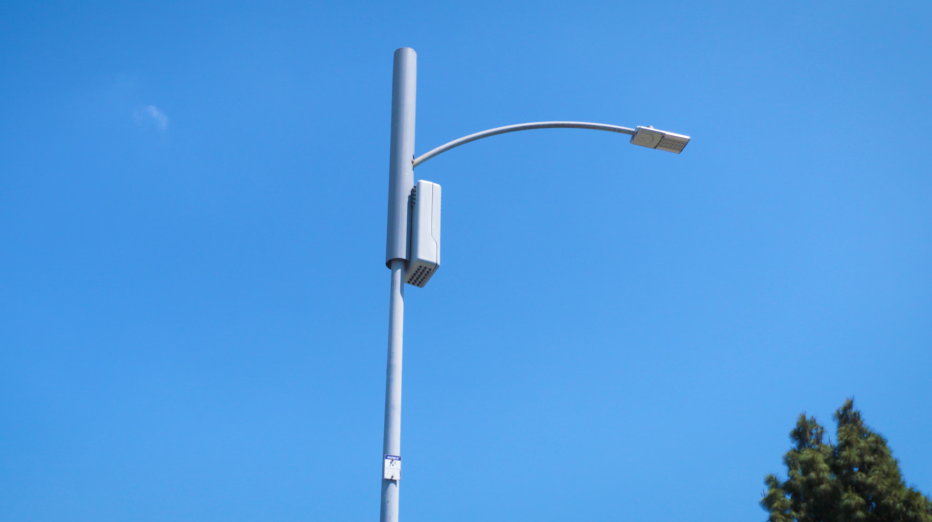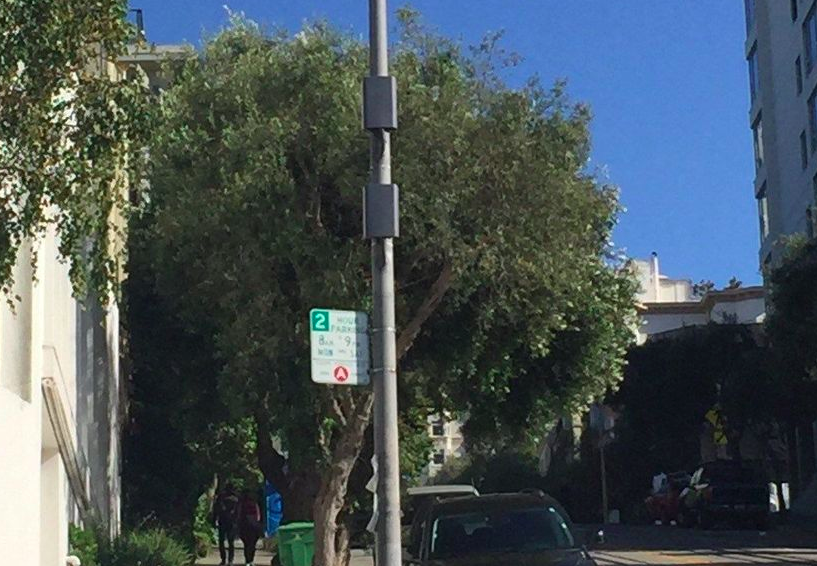Verizon Wireless has applied to the Brick Township Board of Adjustment for permission to install so-called “small cell” antennas, the basis for 5G wireless technology, at one Brick location.
The small cells are the basis for next-generation wireless technology. The 5G wireless networks will be run much different than current mobile data signals. Instead of a sky-high network of antennas over a wide area, 5G signals will be broadcast by “nodes,” also called “small cells,” just above street level. That means the equipment – smaller, but similar in appearance to current antennas – will likely have to be placed in neighborhoods or confined areas. The towers must be located within about 500 feet of each other, and are small enough to be placed on utility poles, street lights or even dedicated monopoles designed to blend in to a neighborhood. Their speed will allow services like video, internet data and voice to all be transmitted wirelessly.
In Brick, Cellco Partnership, which owns Verizon Wireless’ towers, is applying to place the small cells at Brick Plaza. The company will need a conditional use variance, site plan approval and design waivers to operate the service at Brick Plaza.
|
|
In some towns, 5G network technology has driven controversy. In nearby Lavallette, the municipal government has threatened legal action and passed ordinances aimed at limiting the proliferation of the technology – over both aesthetic and health concerns.
Wireless providers insist that the technology is perfectly safe, but those who oppose it say neither the Centers for Disease Control and Prevention nor the Federal Communications Commission have conducted formal studies. The trend, however, has been for states to pre-emptively cut local control off at the pass, preventing potentially thousands of individuals lawsuits from being filed by municipalities over the course of years, which could effectively prevent the deployment of technology in a national footprint. A federal ruling earlier this year vastly limited the amount of influence local governments could have on network deployment.
While several Silicon Valley communities who tried to ban 5G deployments sparked headlines due to their location adjacent to the headquarters of some of the nation’s largest tech firms, there has been little in the way of opposition on the east coast.
Brick’s zoning board will hear the case at its Oct. 2, 2019 meeting, which takes place at 7 p.m. at the township municipal complex.

Advertisement

Police, Fire & Courts
Teacher From Brick, 36, Charged With Carrying on Affair With Student
Brick Life
Adult Autism Transition

Police, Fire & Courts
Teacher From Brick Charged in Another Sex Affair With Student










